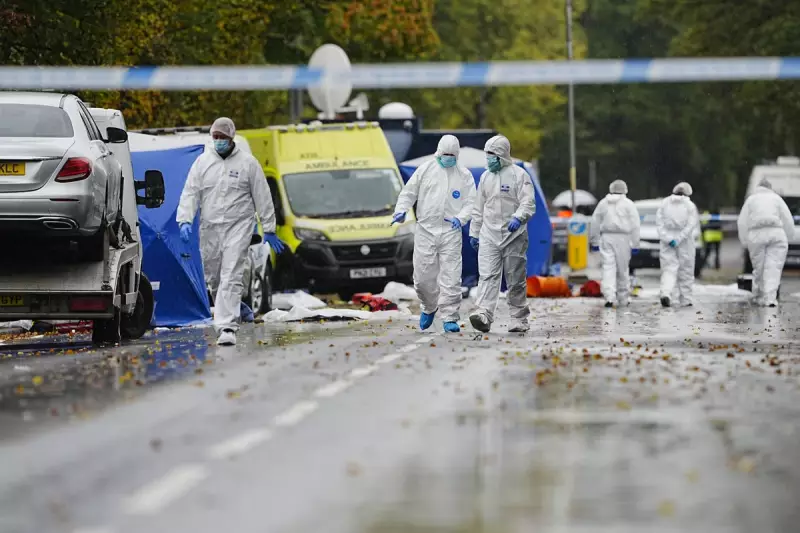
The British government is facing mounting criticism over its failure to adequately address the escalating threat of Islamist extremism within the country, according to a detailed investigation into national security preparedness.
Security Services Sound Alarm
Security agencies have reportedly issued multiple warnings about the growing influence of Islamist ideologies across various communities in Britain. Intelligence sources indicate that radicalisation efforts have become more sophisticated and widespread than previously acknowledged.
Manchester Case Highlights Systemic Issues
The situation came into sharp focus following revelations about a Manchester-based individual with known extremist connections who continued operating within the community despite red flags. Local authorities expressed frustration at their inability to take decisive action due to legal constraints and lack of government support.
Government Response Under Scrutiny
Critics argue that current counter-extremism policies are insufficient and poorly implemented. "We're seeing a pattern of hesitation and political correctness that's compromising our national security," stated a former senior counter-terrorism officer who wished to remain anonymous.
Community Relations at Risk
The failure to develop effective strategies is reportedly straining relations between Muslim communities and authorities. Many community leaders feel unfairly targeted by broad-brush approaches while genuine threats go unaddressed.
Key Concerns Identified:
- Inadequate monitoring of known extremists
- Poor coordination between local and national authorities
- Insufficient funding for community-led prevention programs
- Legal frameworks that hinder proactive interventions
Security experts warn that without immediate and comprehensive reforms, Britain risks facing an increasingly sophisticated network of homegrown extremists capable of orchestrating coordinated attacks.
Calls for Urgent Action
Multiple stakeholders are now demanding an overhaul of Britain's counter-extremism strategy, including better resource allocation, improved intelligence sharing, and more effective community engagement programs to combat the rising threat.





